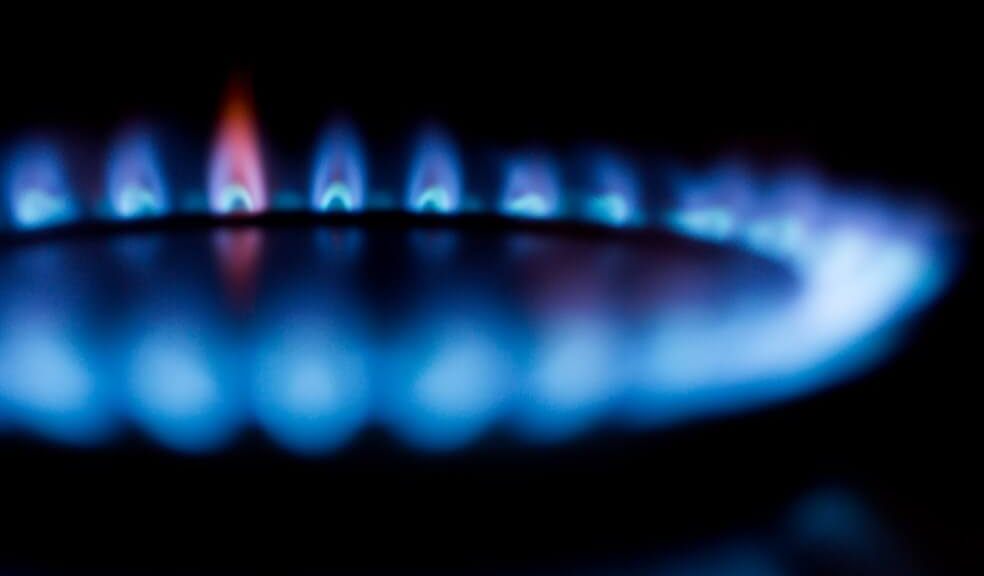
Should I repair or replace my boiler
When a boiler breaks down in any home it becomes an incredibly stressful time until it is fixed again, being left without hot water or heating can be terribly detrimental to one’s day to day life. When it inevitably happens everyone has to make that decision; should it be repaired or replaced?
There are many factors that people need to take into consideration when deciding the next steps that need to be taken in order to have a functioning heating and hot water system in place again.
Over time as the boiler gets older, it will start to deteriorate and its efficacy will dwindle. Even if it was a top-of-the-line model at the time of installation; it will need to be replaced at some point. When is the right time to replace a boiler though? That is the hard question that needs to be determined.
The very first thing that should always be taken into consideration before anything is done, is to determine if the boiler is under warranty. Since boilers tend to be a piece of home equipment that is installed then forgotten about, it can be very easy to forget whether or not the boiler is under warranty. Call the supplier or manufacturer first, then decide what the next steps should be.
Depending on how much DIY knowledge that an individual has they may be able to repair it themselves but if in any doubt about what to do a professional should always be called. Not only might DIY make the problem worse which could cause it to cost more to replace if that needs to be done anyway but safety should always be a top priority.
Even if a boiler can be repaired temporarily it might not be prudent to do so. A faulty boiler can potentially lead to the production and emission of carbon monoxide which is an incredibly dangerous scenario to have.
Boiler repair costs are typically the major factor that comes into deciding if a boiler should be replaced. Replacing a boiler is usually going to be more expensive than a repair, so if it can be fixed then that might be the best course of action as it will most likely be cheaper. However, it might be cheaper in the short term to fix it but if it becomes prone to breaking down and needing repair on a frequent basis that can become even more costly.
A significant factor that can lead to the boiler needing to be replaced even if it technically could be repaired, is the availability of parts. Over time as technology and manufacturing processes become more advanced, parts can become discontinued so important pieces needed for a repair might not be readily available.
It's important to know though that even if a part is discontinued, the manufacturer might still be able to source it. So, when determining if a boiler should be repaired or replaced, it will need to be figured out if the parts that are needed can be acquired.
Dealing with a faulty boiler is a problem that most homeowners are going to have to deal with at some point in their life and it is so crucially important that it is dealt with correctly not just because of financial concerns but because of safety concerns too. So that is why it is so important that if there is any doubt in what to do, make sure that an expert is called so that they can give the necessary advice on how to proceed.

















